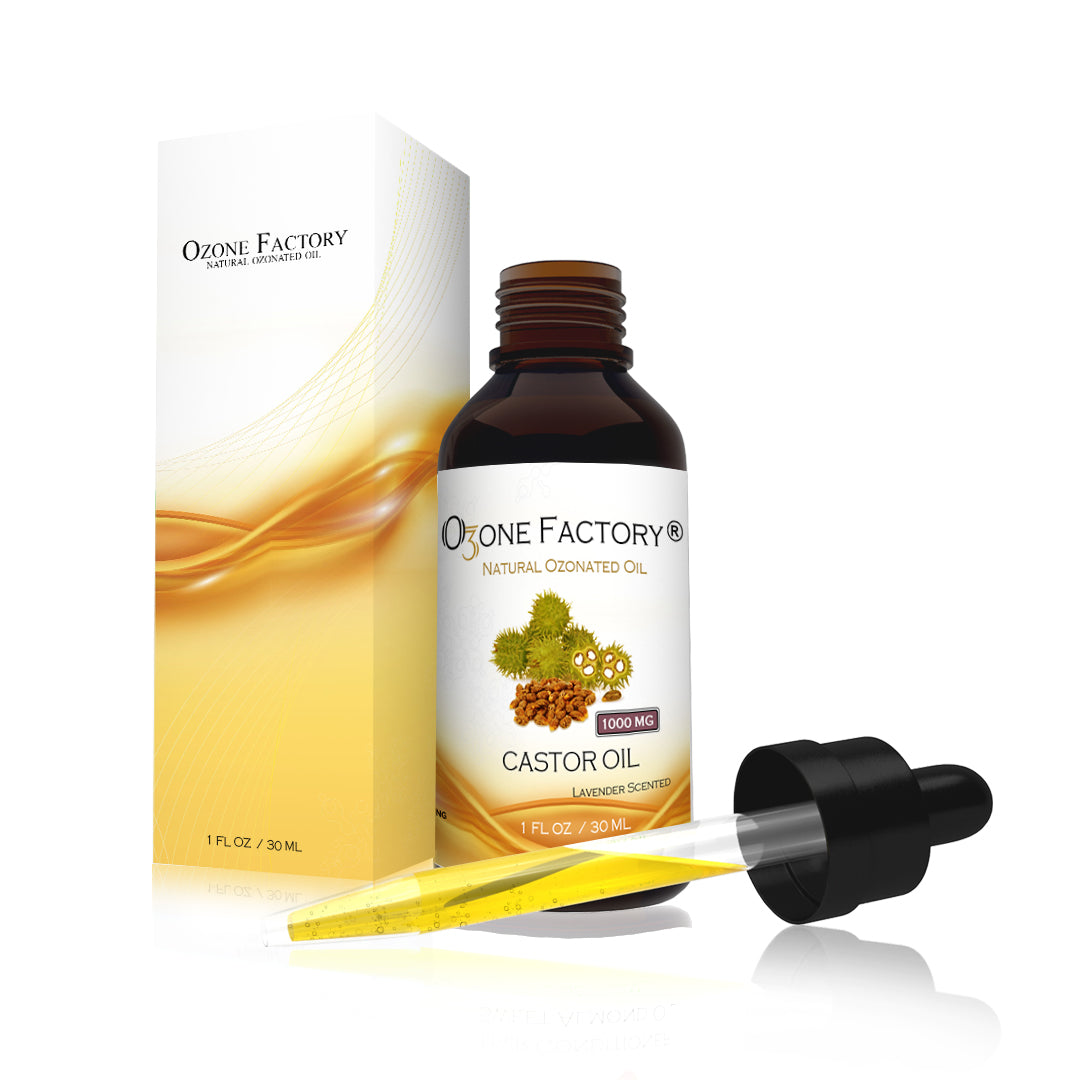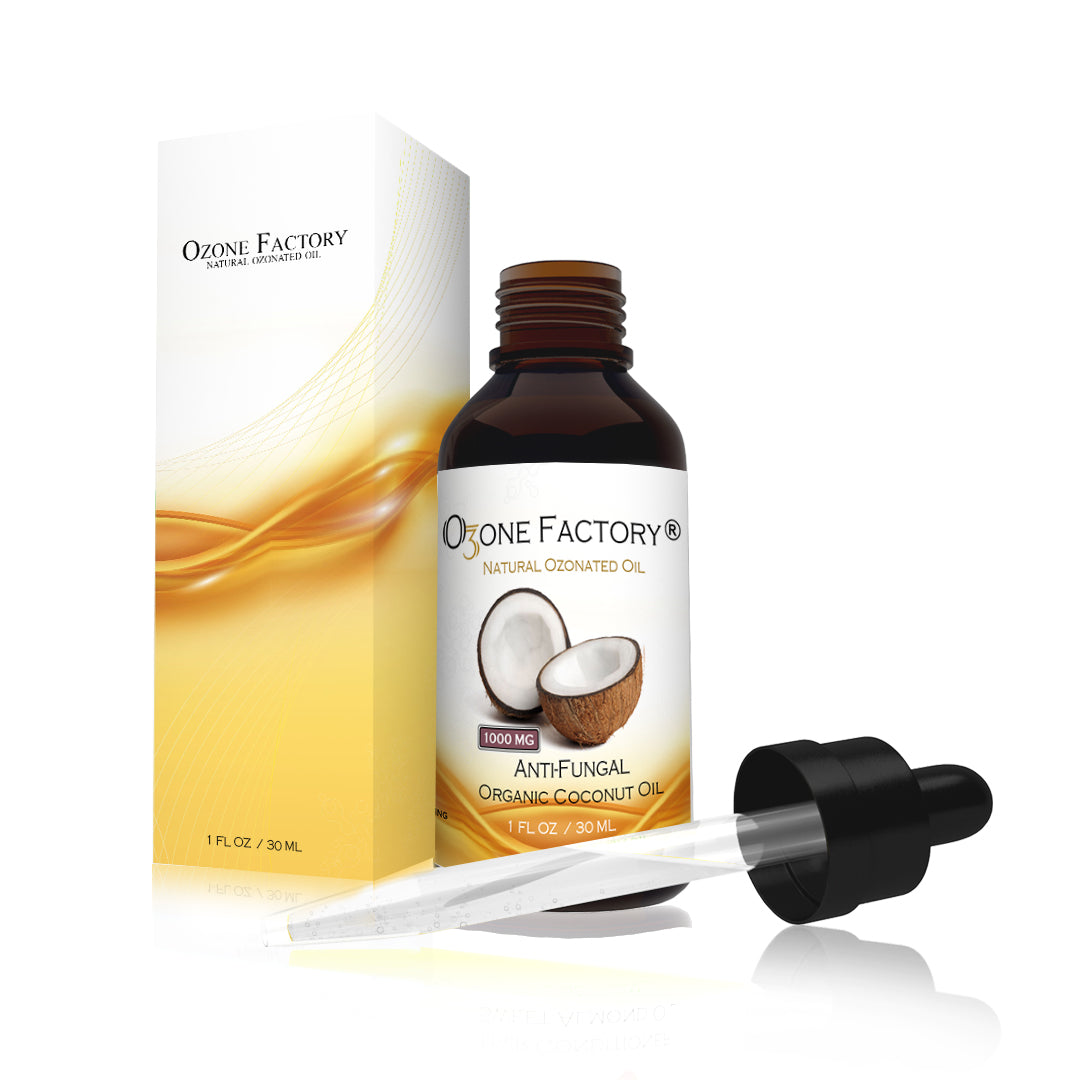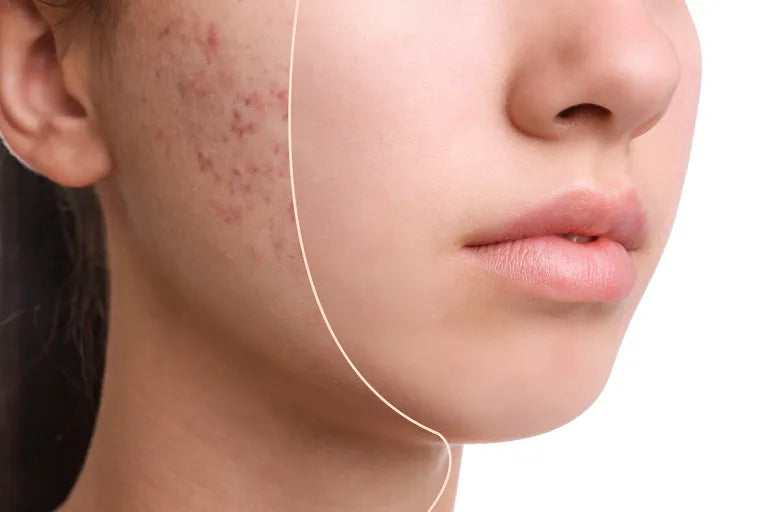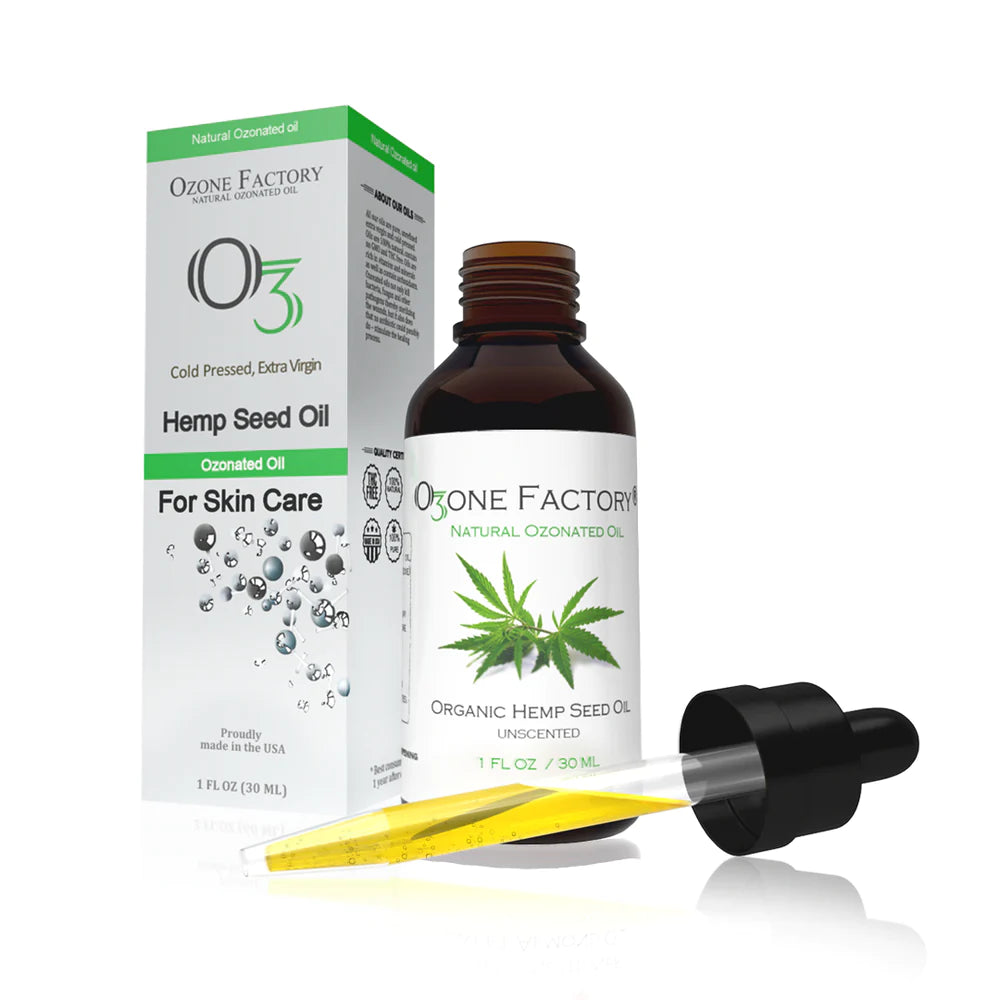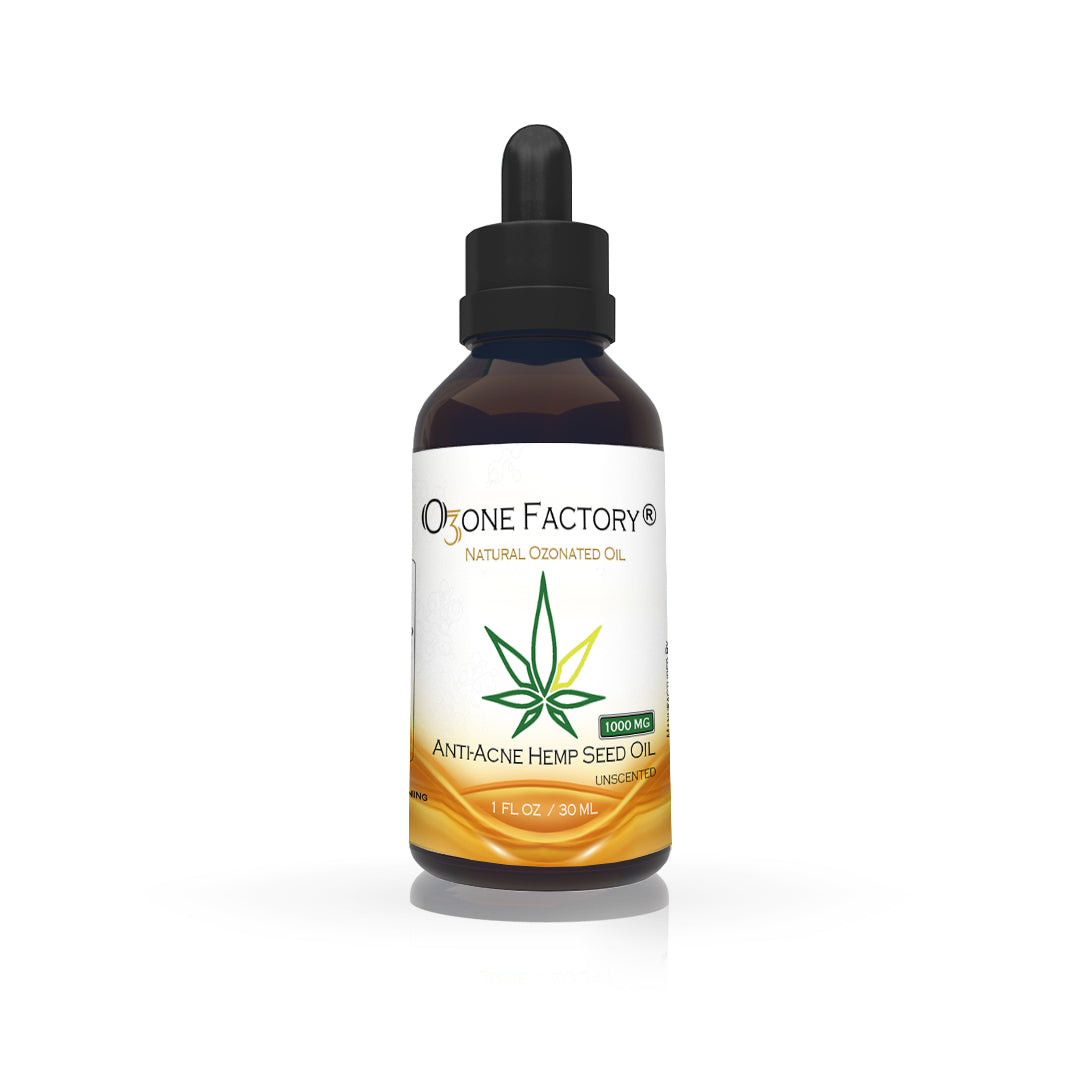
OIL PULLING WITH OZONATED COCONUT OIL TO PREVENT PREGNANCY GINGIVITIS
PROBLEM: Gingivitis is an inflammation of the gums. According to the Centers for Disease Control and Prevention (CDC), gingivitis affects 60% to 75% of pregnant people. Pregnancy gingivitis is caused by an increase in estrogen and progesterone levels. These are essential hormones that help your baby grow and develop, but they also cause many changes to your body.
One of these changes is increased inflammation of your gums. Although the exact way this happens isn’t clear, healthcare providers think it may be due to:
- Decreased ability of your body to respond to plaque bacteria.
- Increased blood flow to the gum tissue.

SOLUTION: Some people take a mouthful of ozonated coconut oil and swish it around in a practice called oil pulling. Oil pulling may:
- reduce bad breath;
- lessen plaque on your teeth;
- prevent cavities;
- strengthen your mouth muscles.
To try oil pulling at home, take a tablespoon of ozonated coconut oil, put it in your mouth, and gently swish it around for about 20 minutes.
Oil pulling is best performed in the morning with an empty stomach, which may be hard if you have morning sickness. When you’re done, spit the oil out into a trash can (not the sink — it may clog pipes) and brush your teeth or rinse your mouth with salt water.
OZONATED COCONUT OIL FOR ATOPIC DERMATITIS WHILE PREGNANT
PROBLEM: Atopic dermatitis (eczema) is one of the most common skin conditions people experience during pregnancy. If you already deal with eczema, you may find that it flares when you’re pregnant. However, an older 2007 research review showed that 60 to 80 percent of eczema cases during pregnancy happen in people with no history of this skin issue.

SOLUTION: The fatty acids in ozonated coconut oil make it particularly moisturizing to your skin. Ozonated coconut oil can be applied topically to affected areas as needed. According to a 2019 research review, the oil may provide several important antioxidant, anti-inflammatory, and antibacterial properties that help with wound healing all while moisturizing dry, irritated skin.
OZONATED COCONUT OIL FOR STRETCH MARKS
PROBLEM: Your body grows as your baby grows. All this stretching of skin can lead to stretch marks on your stomach, thighs, buttocks, arms, and more.

SOLUTION: Keeping skin moisturized may help with prevention of stretch marks. Coconut ozonated oil is highly emollient and can help keep skin hydrated. This may make it more elastic and less prone to stretch marks. Its lauric acid content also makes it easily absorbed deep into skin’s layers, where it may have a positive effect on collagen production. Use coconut oil as a topical treatment, or try putting it in your bath to silken skin.
For more information, read this article: https://ozonefactory.net/blogs/blog/choose-ozonated-oils-to-help-minimize-stretch-marks-during-and-after-pregnancy.
OZONATED COCONUT OIL FOR PERINEAL MASSAGE
PROBLEM: As you get closer to your due date, you might consider preparing your body for delivery by doing a daily perineal massage. The perineum is the area between your vulva and anus that must stretch during a vaginal birth.
SOLUTION: Massaging regularly with a moisturizing oil, like ozonated coconut oil, may help prevent vaginal tearing.
To perform self-massage:
- Get into a comfortable position (e.g., in bed, on the couch);
- Insert your fingers about an inch and a half into the lower vaginal area;
- Apply pressure down toward your back and move your thumbs outward to the sides;
- Hold for around 2 minutes — you may feel a mild stinging or burning sensation;
- Apply coconut oil (or almond oil or olive oil) to your thumbs and massage the area for around 4 minutes;
- Repeat two to three times, resting between sessions.
Perineal massage is safe during pregnancy. While you may start at any time, it is most effective in the 6 weeks before your due date, according to a 2012 research review.
OZONATED OLIVE OIL FOR CRACKED NIPPLES
PROBLEM: Sore nipples are the most common breastfeeding complication and the most common reason women give up breastfeeding.

Solution: Medical experts recommend application of extra ozonated olive oil which has anti-inflammatory and bacteriostatic properties. Ozonated olive oil moisturizes the skin. In other words, it will help make those cracks disappear as soon as possible.
For more information: https://ozonefactory.net/blogs/blog/can-ozonated-oils-prevent-cracked-nipples
COCONUT OIL AS A PERSONAL LUBRICANT WHILE PREGNANT
PROBLEM: Pregnancy can affect your hormones, which in turn can affect how moist or dry your vagina is. In pregnancy, there is a decrease in the hormone called estrogen, which may cause vaginal dryness. Also, your libido may change during pregnancy, which can affect vaginal lubrication.
SOLUTION: You can use ozonated coconut oil as a lubricant for sex. There aren’t studies on ozonated coconut oil as a lubricant during pregnancy. That said, its moisturizing properties and use as part of perineal massage point to it being a safe option. And some information suggests that ozonated coconut oil is protective against yeast infections, but you may want to run it by your doctor first.
Attention! Don’t use ozonated coconut oil if you use condoms and have concerns about sexually transmitted infections (STIs). Oil-based lubricants can damage latex condoms and make them less effective. And if you’re prone to vaginal infections, ask your doctor about other lubricant options.
COCONUT OIL FOR HAIR WHILE PREGNANT
PROBLEM: Hair loss during pregnancy is not uncommon, as it affects somewhere between 40 to 50% of women; but like most changes during pregnancy, it is temporary.

SOLUTION: Ozonated coconut oil can be used topically on the hair as a conditioning treatment. A 2003 research review showed that medium chain fatty acids can go deep into your hair shaft and reduce protein loss in both damaged and undamaged hair.
There are no indications that use of ozonated coconut oil on the hair is harmful during pregnancy. Whatever you do, start with just a small amount of ozonated coconut oil. Warm it between your palms and apply to the ends of hair, avoiding the roots and scalp.

